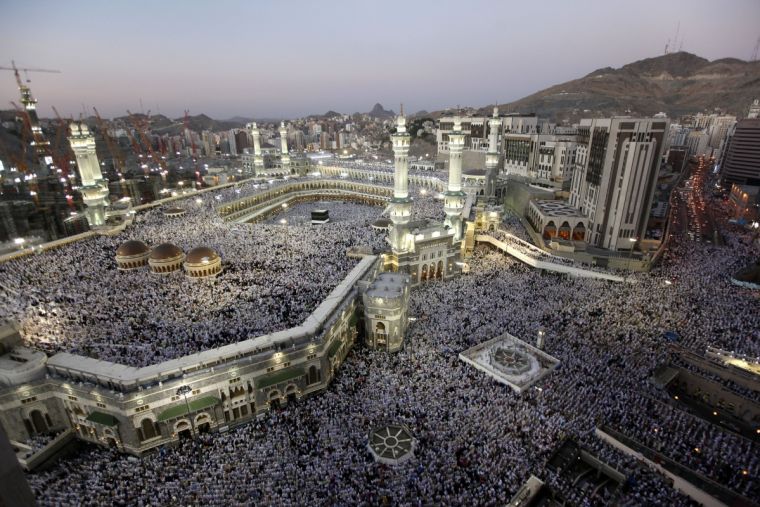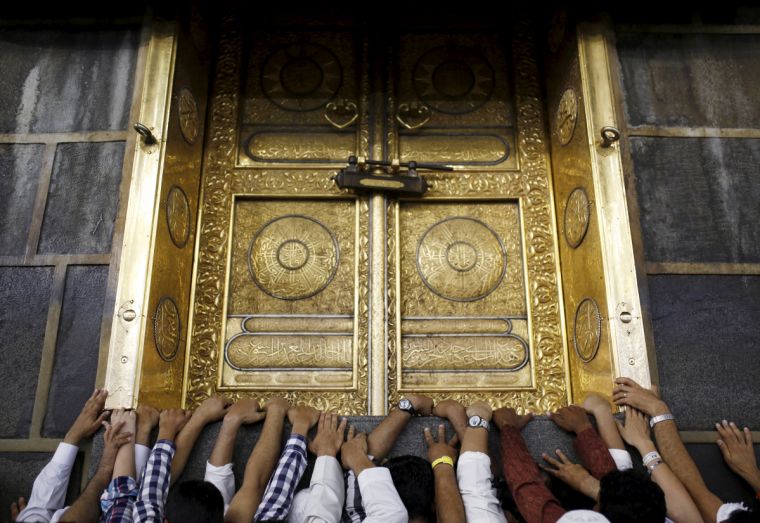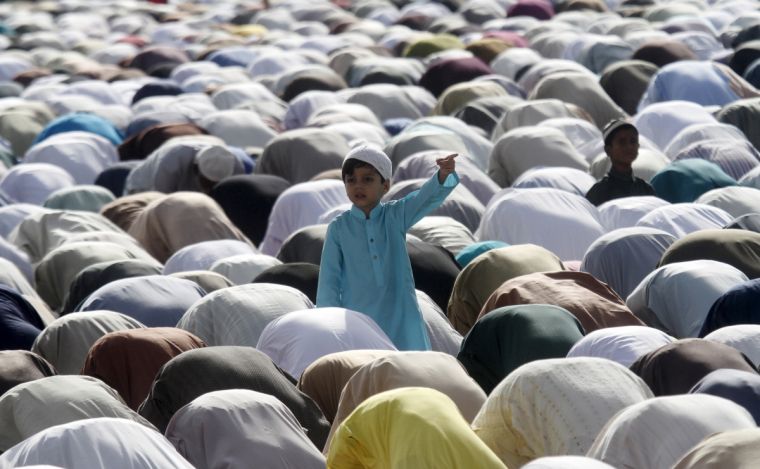Hajj 2016: 10 things you should know about the Muslim pilgrimage to Mecca

On Friday, Hajj begins in Mecca. Each year, more than 3 million Muslims visit the desert valley in western Saudi Arabia for what has become one of the world's largest religious pilgrimages.
Here are 10 things you should know before it begins:
1. The pilgrimage lasts for six days, and occurs during the Dhu Al-Hijjah, the 12th month in the Muslim calendar. This year it falls on September 9-14.
2. Performing the Hajj is one of the 'Five Pillars', or more important practices, of Islam. The others are the shahadah, the declaration of faith; salat, the five daily prayers; zakat, or almsgiving; and sawm, fasting during the month of Ramadan.
3. Because it is one of the Five Pillars, all able-bodied Muslims who can afford it are expected to make the journey at least once in their lifetime.
4. Mecca is regarded as the holiest city in Islam, as it is believed to be the birthplace of the Prophet Muhammad and the site of his first revelation of the Qur'an. When Muslims pray, they do so in the direction of Mecca.

5. The Al-Masjid Al-Haram mosque in Mecca contains the Kaaba, a black box-shaped building built around a black stone. During the Hajj, Muslims walk around it seven times anti-clockwise.
6. There are a number of other ritual acts during Hajj, including 'the stoning of the devil'. Pilgrims travel to Mina, a small village about 5km from Mecca where they throw pebbles at stone pillars which represent the devil.
7. Both men and women dress in white, a symbol of the state of purity they are entering. Changing their clothes is part of the process known as 'assuming Ihram', a sacred state that pilgrims adopt at the beginning of the Hajj. Pilgrims also refrain from wearing perfumes, men must not wear any sewn garments and women do not cover their faces.
8. Pilgrims drink the water of the Zamzam well, located 20m east of the Kaaba, as it is thought to have special properties. The water is believed to come from the same source as the spring which provided water for Ishmael and his mother Hagar – a story which is told both in the Qur'an and the Bible.

9. The Eid Al-Adha is a feast marking the end of the pilgrimage. It is known as the feast of sacrifice, in remembrance of Abraham's willingness to sacrifice Ishmael, as the story is recorded in Islamic tradition.
10. This year, extra security measures are being taken after more than 2,000 people died in a crush during the pilgrimage in 2015. Every pilgrim will be given an electronic bracelet containing the individual's address and passport number, as well as medical information. More than 1,000 security cameras have also been installed at the Grand Mosque to help monitor overcrowding.











